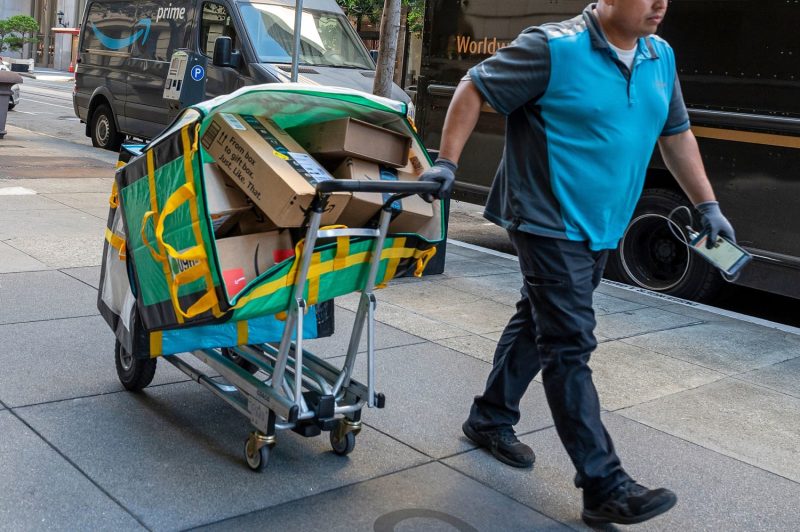In a recent turn of events, Amazon is facing legal action from the Attorney General of Washington, D.C., for allegedly engaging in discriminatory practices that impact certain neighborhoods. This lawsuit highlights the growing concern over companies’ responsibility to ensure equitable access to services for all consumers. The core issue revolves around Amazon’s Prime Delivery service, which is a popular and convenient option for customers looking for fast shipping and exclusive deals.
The lawsuit alleges that Amazon deliberately excludes certain neighborhoods, primarily communities of color, from its Prime Delivery service. This exclusion effectively denies residents of these neighborhoods the same level of convenience and benefits enjoyed by customers in other areas. Such actions not only raise questions of fairness and equality but also underscore the broader societal issue of systemic inequalities that persist in many aspects of daily life.
By limiting Prime Delivery services in specific neighborhoods, Amazon may be perpetuating existing economic disparities and contributing to the marginalization of already vulnerable communities. Access to fast and reliable shipping can have a significant impact on individuals’ ability to access essential goods and services, making this issue a matter of social justice and equity.
The lawsuit filed by the D.C. Attorney General represents a crucial step in holding companies like Amazon accountable for their actions and ensuring that they do not engage in discriminatory practices that harm certain communities. It sends a clear message that companies must prioritize fairness and inclusivity in their operations and cannot disregard the needs of marginalized populations.
As consumers, we hold the power to advocate for change and demand accountability from companies that we support. By raising awareness of these issues and supporting efforts to address systemic inequalities, we can contribute to building a more just and equitable society for all.
In conclusion, the legal action against Amazon serves as a pivotal moment in the ongoing conversation about corporate responsibility and equitable access to services. It underscores the importance of holding companies accountable for their actions and ensuring that all consumers are treated fairly and respectfully. Only by addressing systemic inequalities and actively challenging discriminatory practices can we move towards a more inclusive and equitable future for all.
